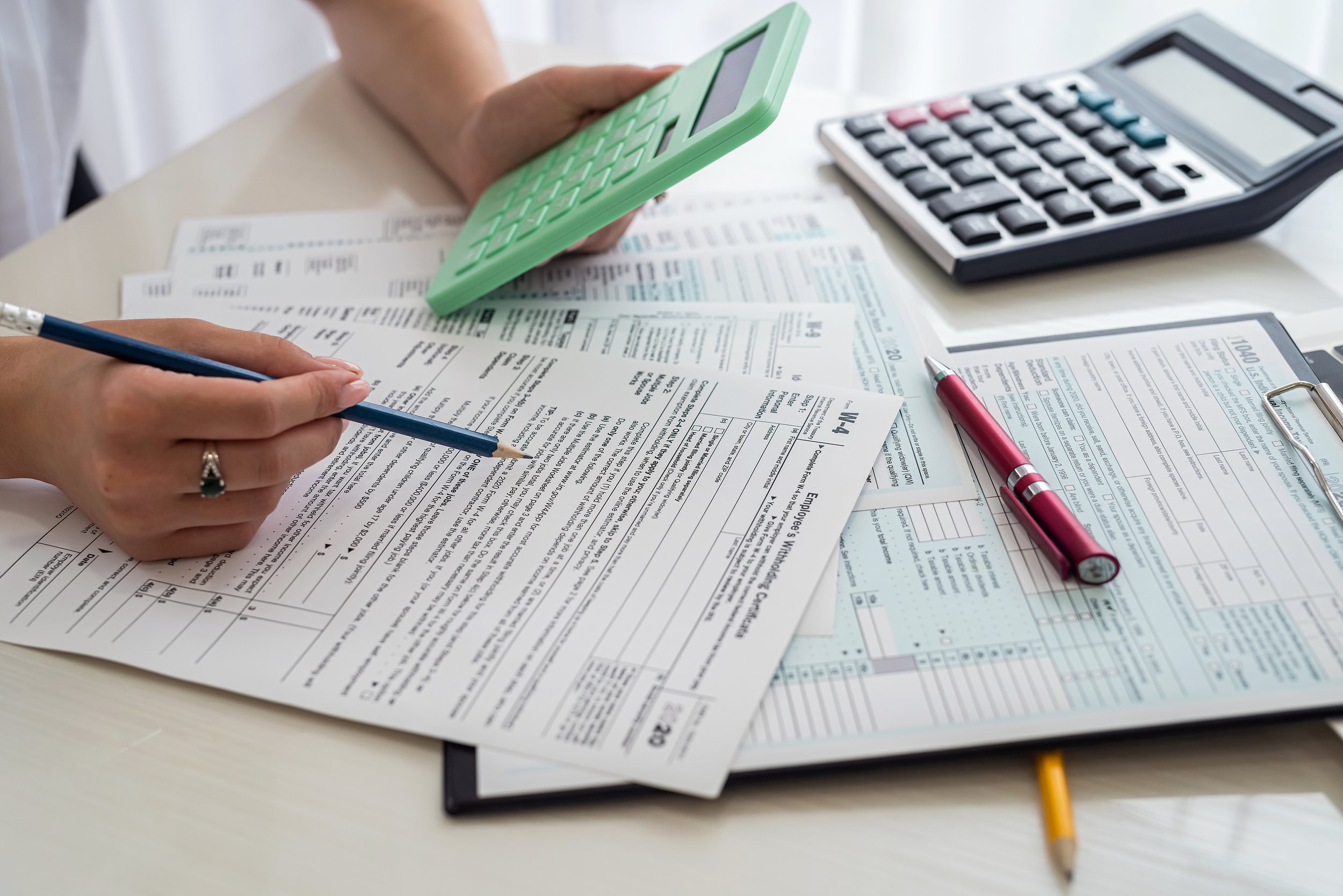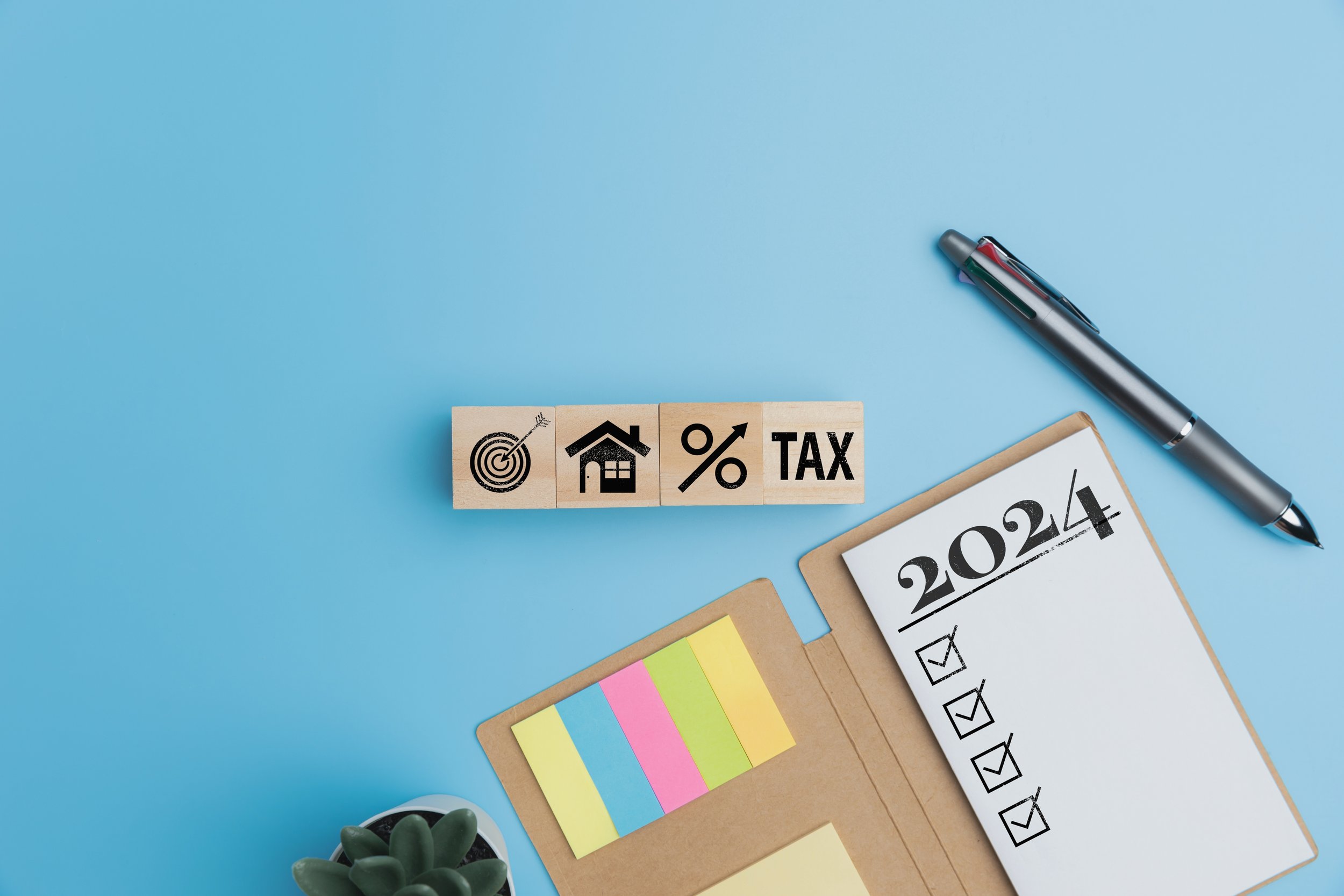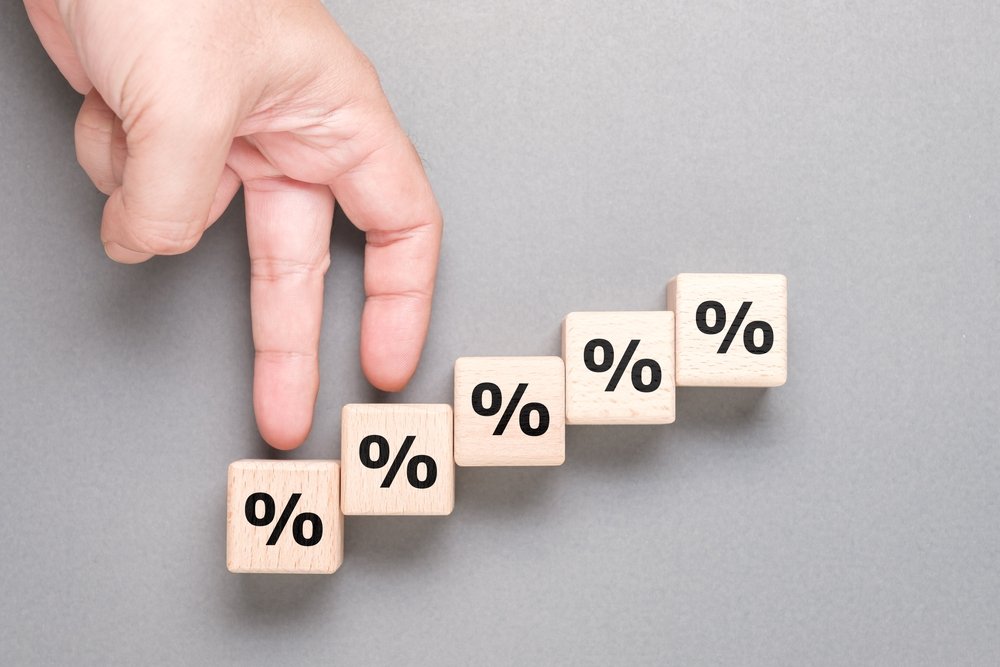How to Exchange Your Foreign Driving License in the Netherlands (with the 30%-Ruling)
3:55
Relocating to the Netherlands is exciting—but there are a few practical hurdles to clear before life feels smooth again. One of those is driving. Whether it’s commuting to work, taking weekend trips with your family, or simply running errands, having the freedom to drive is essential.
If you hold a driver’s license from an EU/EEA-country, then you are allowed to drive in the Netherlands as long as your driver’s license is valid. After expiration of your driver’s license, you will need to apply for a Dutch driver’s license. This can be done at the local municipality.
But what if your driver’s license isn’t from an EU/EEA country? Then you are only permitted to legally drive with your license for the first 185 days of your stay in the Netherlands. After that, you are only allowed to drive with a valid Dutch driver’s license. Normally, that means mandatory Dutch exams, costly driving lessons and delays. Thankfully, there’s good news for expats with the 30%-ruling - [https://www.exterus.nl/en/blogs/benefits-of-the-30-ruling] - a special tax advantage that comes with a bonus benefit: the ability to exchange your foreign license under simplified conditions.
Let’s take you step-by-step through the process.
You’re eligible if:
• You are officially registered in a Dutch municipality (BRP).
• You’ve received the 30%-ruling (of course we are happy to assist with that).
• Your foreign license is valid and was issued before moving to the Netherlands.
Even if your license is from a non-EU country without an agreement with the Netherlands, you may still qualify—as long as your 30%-ruling is active. Once it ends, the simplified exchange expires too!
Submit a Health Declaration
Log in to mijn.cbr.nl with your DigiD and complete the Health Declaration (‘Gezondheidsverklaring’) After submission, the CBR assesses if you’re fit to drive (approx. €45–€50). This usually takes 4 weeks
Make a Municipality Appointment
After CBR approval, book an appointment with your local municipality (‘gemeente’) and specify that the appointment is for the 30%-ruling driving license exchange (this is done either online or by telephone depending on the locality).
Gather Your Documents
Bring your valid foreign license, a passport-style color photo, a valid ID (passport) and residence permit, 30%-ruling confirmation letter that you obtained through Exterus, the CBR health-certificate, and optionally your BRP registration extract.
Submit Your Application
At the appointment, hand over your original license. The ‘gemeente’ sends your application to the RDW. You’ll receive a temporary certificate—but you are not allowed to drive until the Dutch license is issued.
Receive Your Dutch License
After 2–4 weeks, RDW approval arrives. The ‘gemeente’ will notify you when your new Dutch license is ready for pickup.
Total time? Usually 4–8 weeks depending on how fast CBR and local offices process things.
Here’s a game-changer: your partner and children (only if they are of Dutch legal age) living at the same address may also use this process to exchange their foreign licenses as well —even if they’re not officially the 30%-ruling holder. They’ll need to apply while your ruling is still active and submit similar documents.
That’s real peace of mind for families on the move!
At Exterus, we know how important it is to hit the road without roadblocks. That’s why we take the complexity out of rules and paperwork, so you can focus on life in the Netherlands.
“Navigating the Dutch system? Exterus got the map— however, driving is up to them.”

Compare the Netherlands 30% expat-ruling with actual extraterritorial cost reimbursement. Which is more beneficial for expats and employers? Key Dutch tax and payroll insights.

Discover how to maintain your 30%-ruling and avoid costly mistakes. Learn about salary thresholds, eligibility, and key factors affecting your tax-free expat allowance in the Netherlands.

A Dutch Court of Appeal has ruled against a Ukrainian refugee worker’s 30% tax ruling claim, emphasizing strict residency and recruitment criteria.

The 30% ruling reduces taxes for expats but impacts social security, pensions, and international taxation. HR managers, be prepared! Read about the hidden complexities and optimize your expat policy.

Learn about the 30%-ruling in the Netherlands, its 5-year validity, key application deadlines, how previous stays impact eligibility, and tips for navigating payroll complexities.

Discover the benefits of the 30%-ruling for expats and employers in the Netherlands. Learn how this tax exemption increases income, reduces costs, and attracts top international talent.

Ensure compliance with the Dutch 30%-ruling as the year ends. Review salary requirements, expiring rulings, and payroll processes to plan effectively for 2025.

Court ruling clarifies 30% tax ruling for Ukrainian refugees in the Netherlands. Learn how temporary residence and recruitment timing impact eligibility for expat tax benefits.

We hereby inform you about the provisional salary thresholds for highly skilled migrants and Blue Card holders in 2025. The final amounts are officially published at the end of the calendar year.

This guide breaks down the salary thresholds for highly skilled migrants, and key rules surrounding when thresholds apply

Based on the current legislative proposals for 2025, here are the provisional salary requirements for the 30% scheme for 2025.
Subscribe to our newsletter and stay ahead with the latest insights and developments in global employment mobility, delivered straight to your inbox.
By subscribing you agree to with our Privacy Statement